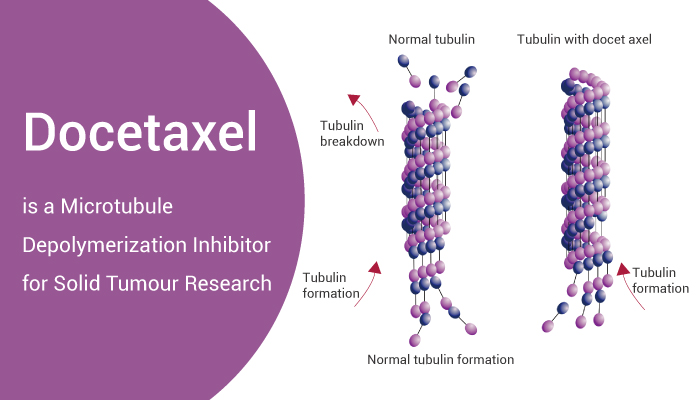Microtubules are a component of the cytoskeleton. Microtubules are found in eukaryotic cells and are formed by the polymerization of a dimer of two globular proteins, alpha and beta tubulin. Tubulin is one of several members of a small family of globular proteins. The tubulin superfamily includes five distinct families, the alpha-, beta-, gamma-, delta-, and epsilon-tubulins and a sixth family which is present only in kinetoplastid protozoa. The most common members of the tubulin family are α-tubulin and β-tubulin, the proteins that make up microtubules.
Microtubules participate in many fundamental biological processes, including intracellular transport and cell division. Neurons, which show an extremely polarized morphology, use microtubules to establish efficient communication among their compartments. This is a key role to synapses, since they are located distally from the cell body and rely on the fast transport of organelles to correctly maintain their functions. However, microtubules do not only contribute to synapse homeostasis. The balance between their assembly and disassembly provides a dynamism used to transiently reach small synaptic compartments and carry out specific functions. Microtubules undergo constant cycles of polymerization and depolymerization by a GTP-dependent process known as dynamic instability. For example, the polymerization of microtubules in response to neuronal activity contributes to the delivery and removal of specific cargo in dendritic spines.

Docetaxel (RP-56976) is a microtubule depolymerization inhibitor
Docetaxel is a second-generation chemotherapeutic agent of the taxane family. Docetaxel’s primary mechanism of action is to bind beta-tubulin, enhancing its proliferation and stabilizing its conformation. Doing so inhibits the proper assembly of microtubules into the mitotic spindle, arresting the cell cycling during G2/M. Besides, Docetaxel attenuates the effects of bcl-2 and bcl-xL gene expression. By downregulating this gene, tumor cells can more readily undergo apoptosis. Therefore, Docetaxel arrests the cell cycle at G2/M and leads to cell apoptosis. It works by disrupting the normal function of microtubules and thereby stopping cell division. What’s more, Docetaxel is effective in breast cancer, head and neck cancer, stomach cancer, prostate cancer and non-small-cell lung cancer. Besides, it may be used by itself or along with other chemotherapy medication.
All in all, Docetaxel is a microtubule depolymerization inhibitor that is effective in cancer research.
References:
[1] Velasco CD, et, al. Commun Biol. 2023 May 5;6(1):488.
[2] Attia RT, et, al. PeerJ. 2016 Jun 29:4:e2168.